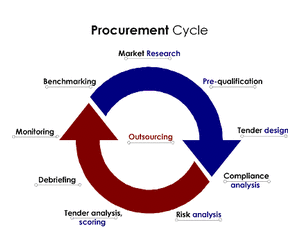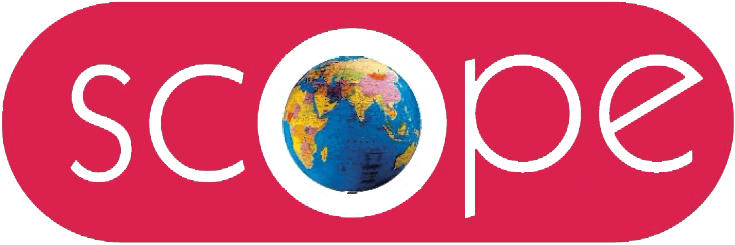
Financial Management
SCOPE Training and Consulting – a finance and development professional firm with deep domain competencies in Skills, Education and Technology, has formed Scope Training and Consulting (P) Limited, a ‘not-only-for-profit’, Social Enterprise, in partnership with the National Skill Development Corporation (NSDC) and Bihar Skill Development Corporation (BSDC) with an ambitious mission of grooming youth if Bihar. As part of the diversified Development group, promoted by Mr. Puneet, a stalwart of the skill industry, with over 25 years in Finance, Procurement, Management consultancy, and Government accounting, STCPL stands as a pioneer in the field of social and women development.

Procurement
Procurement is the acquisition of goods, services or works from an external source. It is favorable that the goods, services or works are appropriate and that they are procured at the best possible cost to meet the needs of the purchaser in terms of quality and quantity, time, and location. Corporations and public bodies often define processes intended to promote fair and open competition for their business while minimizing exposure to fraud and collusion
About Procurement Cycle

-Procurement is the acquisition of goods, services or works from an external source. It is favorable that the goods, services or works are appropriate and that they are procured at the best possible cost to meet the needs of the purchaser in terms of quality and quantity, time, and location. Corporations and public bodies often define processes intended to promote fair and open competition for their business while minimizing exposure to fraud and collusion. A well planned Procurement Guideline works to ensure that procurement in Bank-financed projects and programs is conducted in accordance with its Articles of Agreement, which require that loan proceeds are used only for the purposes for which the loan, grant, or credit was granted. The Procurement Policy and Services Group is charged with providing the Policy and Guidance necessary to carry out this mandate for the Bank’s operational clients.
The Bank gives equal importance to supporting the management and reform of public procurement systems in borrower countries. Increasing the efficiency, fairness, and transparency of the expenditure of public resources is critical to sustainable development and the reduction of poverty. Direct procurement occurs in manufacturing settings only. It encompasses all items that are part of finished products, such as raw material, components and parts. Direct procurement, which is the focus in supply chain management, directly affects the production process of manufacturing firms. In contrast, Indirect procurement activities concern “operating resources” that a company purchases to enable its operations. It comprises a wide variety of goods and services, from standardized low value items like office supplies and machine lubricants to complex and costly products and services; like heavy equipment and consulting services.
Almost all purchasing decisions include factors such as delivery and handling, marginal benefit, and price fluctuations. Procurement generally involves making buying decisions under conditions of scarcity. If good data is available, it is good practice to make use of economic analysis methods such as cost-benefit analysis or cost-utility analysis. An important distinction made between analyses without risk and those with risk. Where risk is involved, either in the costs or the benefits, the concept of expected value may be employed.Based on the consumption purposes of the acquired goods and services, procurement activities are often split into two distinct categories. The first category being direct, production-related procurement and the second being indirect, non-production-related procurement.

